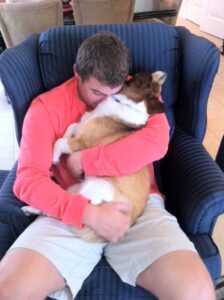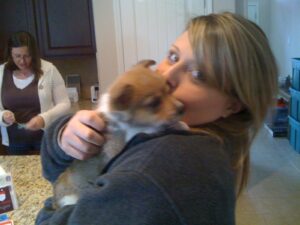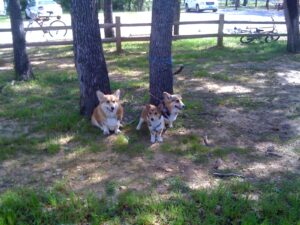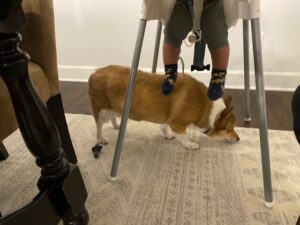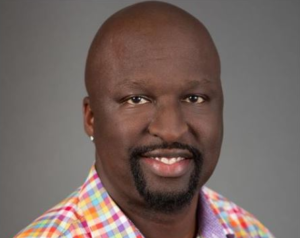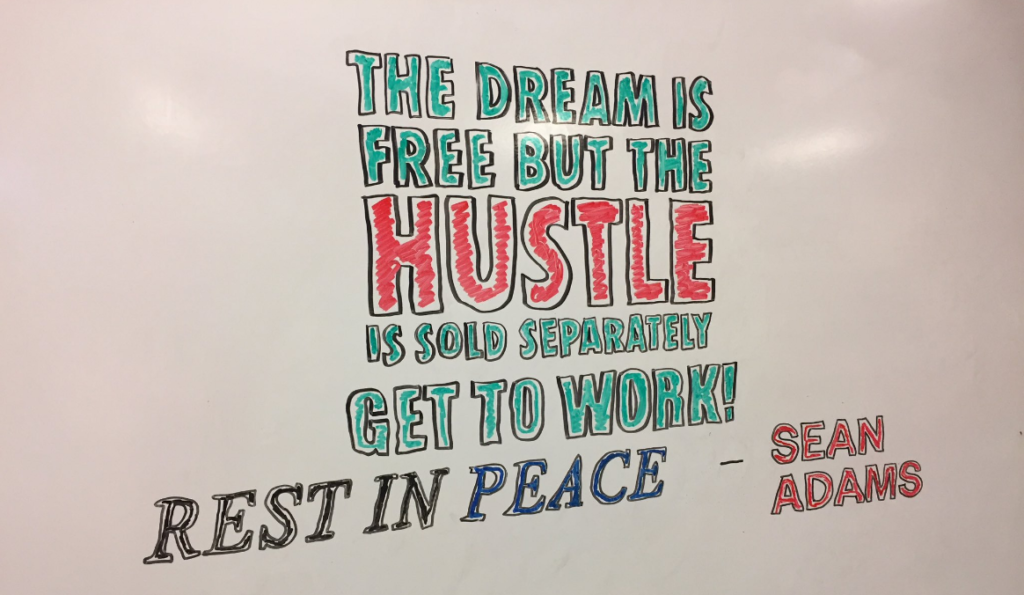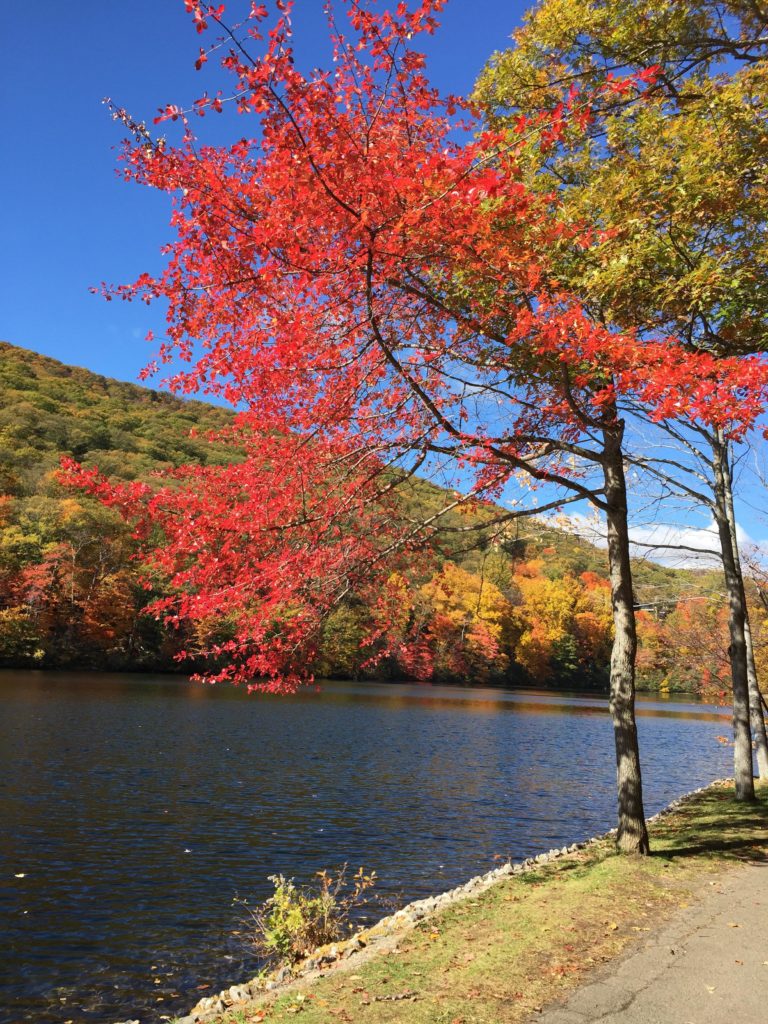
Writing this article has been on my task list for over three months. I chose to do many other things instead of writing it. I will come back to this at the end…
What on earth is opportunity cost?
Opportunity cost can be defined as:
The value of what you have to give up in order to get what you want.
Another way to say this is that opportunity cost represents the benefits you give up in choosing one option over another option.
It can be difficult to identify opportunity costs when the benefits of the alternative choices aren’t easily measurable. Fortunately, some alternative choices are easily measurable. Let me give you a couple of examples.
Smart Phone
I first encountered the concept of opportunity cost in economics. It is rather easy to see when you put it in terms of money. If I spend $1,000 today on a new smart phone, that is $1,000 that I cannot invest in a stock mutual fund (for example). Doing a quick financial calculation, if I take that $1,000 and invest it in a mutual fund earning a 6% annual return compounding monthly, in 20 years the value will be $3,326. So the opportunity cost of purchasing the new smart phone today is $3,326 in 20 years. Of course, there is value in me having that smart phone today, so I may still choose it. I will just be better informed about the actual opportunity cost of that choice.
It’s a New Car!
One more financial example.
As a young person, I felt it necessary to always drive a nice, new car. I never had the money set aside to be able to pay cash for a nice, new car, so I financed it (aka I went into debt). This means I had a fat monthly payment to make to the lender that funded the loan on the car. The financing was typically four years. I had to make 48 monthly payments before the car was really mine. This reminds me of the old saying “I owe, I owe, so off to work I go.”
As vehicles became more and more expensive, car dealers began working with their finance arms to offer increasingly long loan payoff terms. This was to keep the monthly payments “low.” That meant that to buy a new SUV, I might be making that monthly payment for six years or even seven years.
Let’s not get too crazy with this example. I am going to use the four year loan length. Let’s say I buy an SUV for $40,000. I finance all of the price at 6% interest for four years. My monthly payment is then a whopping $939 per month! On top of that, I still have to insure it, register it, maintain it with oil and tires, repair it when it breaks down, and keep it gassed up. That is quite a commitment.
The problem with a vehicle is that it is a depreciating asset. It goes down in value with each passing day. Eventually, it will be worth nothing. How do I know this? Most of the vehicles I have purchased are now rotting in a junkyard somewhere or have been crushed into large cubes. The same can be said of the smart phone. It will eventually be worth nothing.
Thinking in terms of opportunity cost, what would that $939 per month car payment be worth if invested in a mutual fund with a 6% return compounding monthly? In four years it would be worth $50,819.
When I was buying cars this way, there was a related problem I faced. After about four years I was ready for a new car. After all, the new car smell had long since vanished. The paint had a scratch or two. So I repeated the process. I bought into the idea that “I will always have a car payment.“
So let’s go with that logic and assume that I will continue making that $939 car payment every month for 20 years. When we do that math, at the end of 20 years I will own a fourth “new” vehicle that is worth a lot less than when I bought it. That is what a depreciating asset is after all.
If instead of purchasing vehicles this way over the 20 years I instead invested that $939 per month into a stock mutual fund with a 6% annual return, my value in 20 years would be $434,000. Guess what? I could then remove $40,000 cash from my mutual fund and pay cash for a brand new vehicle.
“Wow!” you say. “Why doesn’t everyone do it this way?”
For several powerful reasons:
- To actually do it this way you have to delay gratification and possibly drive (G A S P) an old car you pay cash for. Definitely no new car smell there.
- To do this you have to be able to withstand the constant marketing and advertising of some of the smartest people on earth whose job it is to get you to “need” that new car smell. Think white Lexus, huge red bow on top, and snow lightly falling on you and your golden retriever.
- Finally, you have to overcome the peer pressure that might come from those who could look down their noses at you for driving something they view as beneath your station in life. What would the neighbors say?
Once I really learned the lesson about opportunity cost with regard to cars, I became a little obnoxious about it. In an effort to help my kids learn the lesson, I would sometimes look at a parking lot full of expensive cars and say something like: “Look at all those beautiful depreciating assets.” They were not that amused.
One reason few of us do the opportuntiy cost calculations above is that there is indeed value in doing or enjoying something today. Driving in that new car smell, getting the latest smart phone, or having that daily cup of joe brings a certain amount of pleasure.
The concept of opportunity cost is not limited to financial matters. The reason I am a guitar plunker with a very limited skillset is because 10 years ago I prioritized other things above playing guitar. Those things may have been more important, but I still chose them over guitar. I wonder how many things we could all learn and accomplish if we didn’t binge-watch streaming entertainment? It takes a certain amount of vision to see beyond the present moment and to see what this moment could lead to if I chose a different opportunity.
In chapter 11 of my book Forward Story I write about vision: “Your mind has an amazing ability to visualize a future that has not yet occurred.Some of the greatest inventors and entrepreneurs that have ever lived had the ability to visualize their invention and how others would use it. They could see how it would make peoples’ lives better before it ever became a product. That is vision.”
You and I likewise have the ability to develop the vision to see the opportunity cost in anything we buy or in any way we spend our time and talents. We must nurture that kind of vision.
Conclusion
Back to the point I began with. Writing this post has been on my list for over three months. The reason it was not written before now is that I took the opportunity to do other things with my time. The reason it is being written now is because I chose it over all of the other things I could have done with this time. Such are the decisions we make.
My encouragement to myself and to you is to be more intentional about the opportunities we take. Pay attention to opportunity cost. Ask “Is this the best and highest use of my time, money, and talents? Ask “What am I giving up or postponing by choosing this option?”

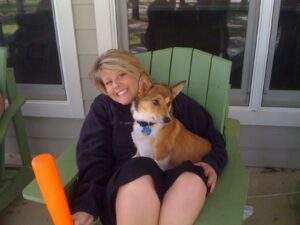
 I have titled this article “Rescuing Rhett” because once I saw the conditions in which he was born, I intended to rescue him as soon as possible to give him the life he deserved. I was able to do just that on December 10, 2009. I drove down there with a new crate and brought him back to our house. After Rhett was safely in our lives, I also filed a complaint with the authorities about the abysmal conditions at that facility. I never got closure on that, but in my mind I hope that is reason there is no longer any online presence for that breeder.
I have titled this article “Rescuing Rhett” because once I saw the conditions in which he was born, I intended to rescue him as soon as possible to give him the life he deserved. I was able to do just that on December 10, 2009. I drove down there with a new crate and brought him back to our house. After Rhett was safely in our lives, I also filed a complaint with the authorities about the abysmal conditions at that facility. I never got closure on that, but in my mind I hope that is reason there is no longer any online presence for that breeder. Off Rhett went to college with Kellen in January 2010 as a very young pup. It was in Lubbock, Texas that he provided love to a college student far from home. There he learned to chase frisbees, go on walks, and keep watch over the apartment as his Mom was at school. Later our son also joined our daughter at college in Lubbock, and he spent a lot of time with Rhett as well.
Off Rhett went to college with Kellen in January 2010 as a very young pup. It was in Lubbock, Texas that he provided love to a college student far from home. There he learned to chase frisbees, go on walks, and keep watch over the apartment as his Mom was at school. Later our son also joined our daughter at college in Lubbock, and he spent a lot of time with Rhett as well.